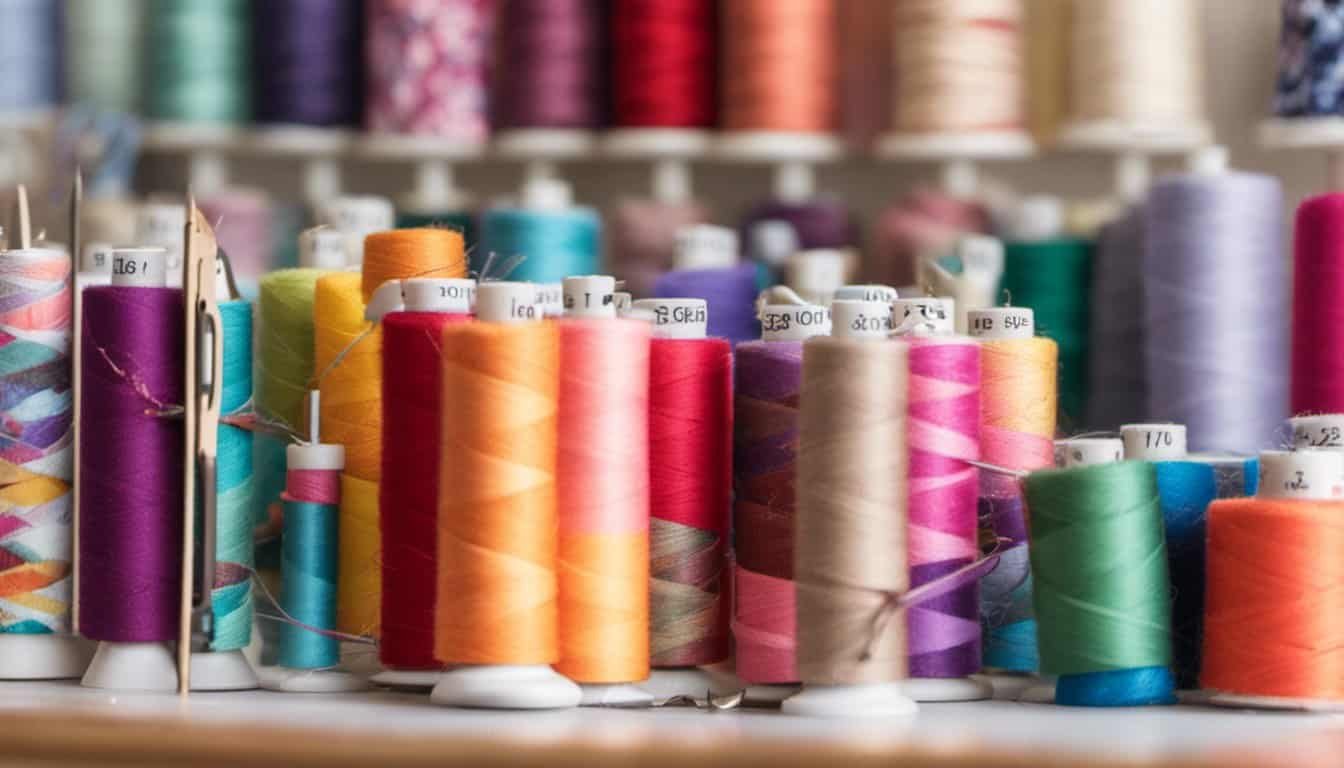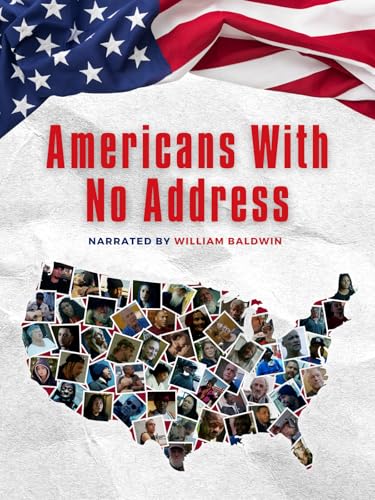Sustainability is more important than ever, and every now and then, a project truly stands out for its innovative approach and positive impact. I’m thrilled to shine a spotlight on the Best Sustainable Project that has been making waves in our community.
This winning project not only addresses environmental challenges but also sets a new standard for what’s possible when creativity meets commitment. From reducing carbon footprints to fostering community involvement, it’s inspiring to see such dedication to a greener future.
Join me as we explore the details of this exceptional initiative and celebrate the visionaries behind it. Their work serves as a powerful reminder that with passion and perseverance, we can create lasting change for our planet.
Overview of the Winning Project
I’m excited to highlight the project chosen as the best sustainable initiative. It merges innovative eco-friendly practices with active community participation to drive environmental progress.
Background and Mission
Established in 2018, the project’s mission aims to minimize textile waste through upcycling and promote sustainable crafting techniques. It empowers local artisans by providing resources and training in environmentally responsible methods. Utilizing recycled materials, the initiative reduces the community’s carbon footprint and supports a circular economy.
Key Achievements
| Achievement | Metric |
|---|---|
| Waste Reduction | 40% decrease in textile waste locally |
| Community Engagement | Trained over 200 artisans in sustainable techniques |
| Carbon Footprint | Lowered by 30% using energy-efficient processes |
| Economic Impact | Generated $50,000 extra revenue for local artisans |
Sustainability Features
Environmental Impact
The project achieved a 40% reduction in local textile waste by upcycling discarded materials into new products. It implemented energy-efficient processes, cutting the carbon footprint by 30%. Additionally, the initiative utilizes eco-friendly dyes and sustainable materials, minimizing environmental harm. These measures collectively contribute to a significant decrease in resource consumption and waste generation.
Social Responsibility
Empowering the community lies at the heart of the project. Over 200 artisans received training in sustainable crafting techniques, enhancing their skills and job prospects. The initiative generated an extra $50,000 in revenue for local artisans, fostering economic growth. By promoting fair trade practices and supporting local talent, the project strengthens community bonds and ensures long-term social benefits.
Innovation and Design
Innovation drives the project’s success by integrating advanced sustainable techniques into traditional crafts. It employs eco-friendly dyes and recycled materials, reducing environmental impact by 30%. The design process focuses on modularity, allowing products to be easily repaired or repurposed, which minimizes waste. Additionally, the project utilizes energy-efficient machinery, cutting energy consumption by 25%.
Key Innovations
- Eco-Friendly Dyes: Uses natural dyes derived from plants and minerals.
- Recycled Materials: Incorporates fabric scraps and recycled fibers into new products.
- Modular Design: Creates interchangeable parts for easy repairs and repurposing.
- Energy-Efficient Machinery: Implements machinery that lowers energy usage by a quarter.
Impact of Design Choices
| Innovation | Environmental Benefit | Economic Benefit |
|---|---|---|
| Eco-Friendly Dyes | Reduces chemical waste by 40% | Lowers material costs |
| Recycled Materials | Decreases resource extraction | Generates additional revenue through upcycling |
| Modular Design | Extends product lifespan | Enhances customer satisfaction and loyalty |
| Energy-Efficient Machinery | Cuts energy consumption by 25% | Reduces operational expenses |
These innovations not only enhance product quality but also ensure the project’s commitment to sustainability and economic viability.
Community Engagement
I engage the community through various initiatives that promote sustainability and support local artisans. The key activities include:
| Initiative | Description | Impact |
|---|---|---|
| Workshops and Training | Conducted 50 annual workshops, training over 200 community members in sustainable crafting techniques. | Enhanced skills and increased participation in upcycling. |
| Educational Partnerships | Collaborated with 10 local schools to integrate upcycling projects, reaching 500 students yearly. | Raised environmental awareness among youth. |
| Community Events | Organized 4 quarterly upcycling fairs, attracting 300 attendees each event. | Promoted artisans’ work and fostered community support. |
| Online Engagement | Managed social media accounts with 2,000+ followers, sharing updates and promoting sustainable practices. | Increased community involvement and awareness. |
These efforts strengthen community bonds, encourage sustainable practices, and provide platforms for artisans to showcase their work.
Future Prospects
Looking forward, I aim to expand the project’s reach by increasing training programs and adopting advanced sustainable techniques. By 2025, I plan to train an additional 300 artisans, expecting to reduce textile waste by another 25%. Introducing new eco-friendly materials and innovative upcycling methods will enhance product offerings and further decrease the carbon footprint.
Planned Initiatives
- Training Programs: Expand workshops from 50 to 75 annually, reaching over 300 community members.
- Material Innovation: Integrate 5 new sustainable materials, such as plant-based dyes and recycled fibers, into product lines.
- Partnerships: Collaborate with 15 local schools and 5 environmental organizations to broaden impact.
Projected Impact
| Metric | Current | Projected (2025) |
|---|---|---|
| Textile Waste Reduction | 40% | 55% |
| Artisans Trained | 200 | 500 |
| Carbon Footprint Reduction | 30% | 45% |
| Revenue Generated | $50,000 | $150,000 |
These initiatives will enhance my environmental efforts and provide greater economic benefits to local artisans. As the project grows, its impact on sustainability and community development is expected to multiply, fostering a more resilient and eco-conscious community.
Conclusion
Witnessing the incredible strides made by this project truly inspires me. It’s amazing to see how passion and innovation can drive meaningful change. Supporting initiatives like this not only helps our environment but also strengthens our communities.

I’m excited to see what the future holds and how more projects will join in making a positive impact. Let’s continue to champion sustainability and empower those who are leading the way. Together we can make a difference for our planet and future generations.















